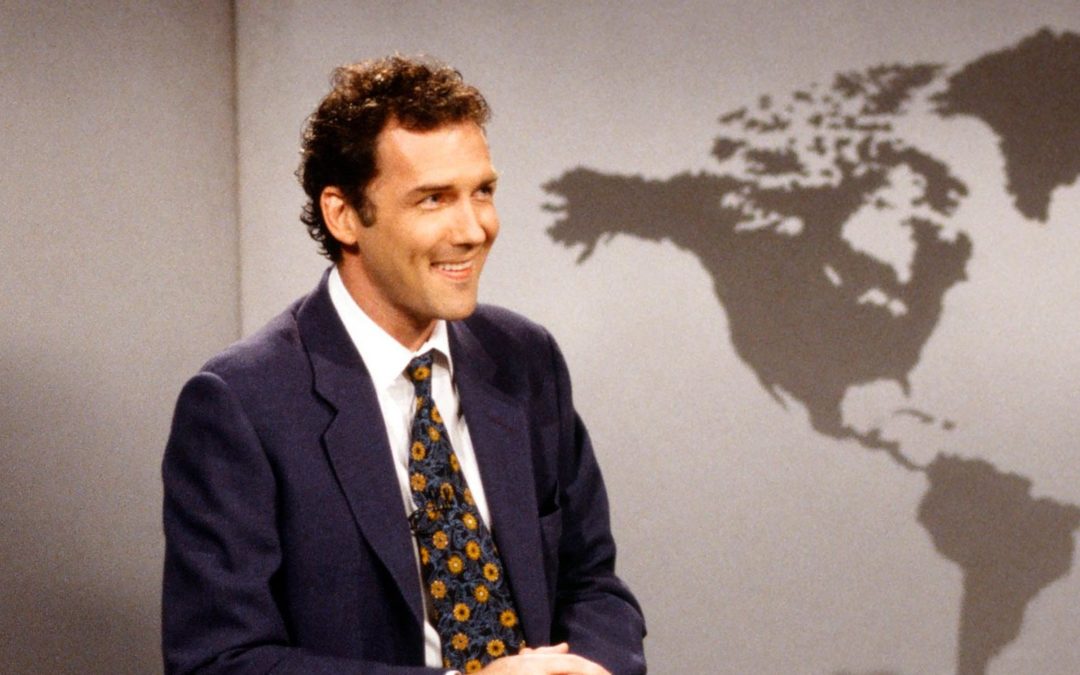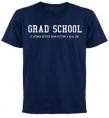While political comedy thrives, IR comedy, whatever that phrase might mean, is virtually non-existent. omedy gap’? Is it a figment of my imagination or a real problem?


While political comedy thrives, IR comedy, whatever that phrase might mean, is virtually non-existent. omedy gap’? Is it a figment of my imagination or a real problem?
This is a guest post by Christian Davenport, a Professor of Political Science at the University of Michigan, Ann Arbor. Will Moore was a close friend of, and collaborator with, Professor Davenport....
The following is a guest post by Emily Hencken Ritter, Assistant Professor at the University of California, Merced. Like so many, my heart and mind aches for the loss Will Moore’s death represents...
The following is a guest post by Jana von Stein, Senior Lecturer of Political Science and International Relations at Victoria University of Wellington. Will Moore’s suicide carries with it a...
The last two years saw some major stories in my corner of the blogsphere concerning sexual harassment. Colin McGinn's resignation from the University of Miami saw widespread discussion across the academic interwebs, even if we didn't say much about it. McGinn's case seems not terribly unique in philosophy, as the What's it Like to be a Woman in Philosophy blog has been chronicling for years. Sexual harassment at science-fiction conventions is also an ongoing problem. Genevieve Valentine's treatment at Readercon produced an online firestorm last year. Some of the discomfort with Brian's...
M. David Forrest, a soon-to-be-assistant-professor of American politics, forwarded the following letter to the "interpretation and methods" listserv. He agreed to let me post it at the Duck. Given the methodological heterogeneity of our readership, I thought it would be of interest. It reads: [I am an American Politics scholar who primarily uses interpretive methods and methodologies (IMM) and recently came off the Assistant Professor job market. Several weeks back I shared some thoughts about my market experiences with Peri (Schwartz-Shea) and Dvora (Yanow), who most of you know. At their...
I’ve defended Mead before on this site. I think he is a bright conservative who stands out in a sea of Fox News ideological bleh, like NewsMax or Drudge. He has a far better sense of the importance of religion in many people’s lives than academics do, and he has a good feel for western classical history that adds historical depth to a lot of his blogging. I read him regularly, where I stumbled on this defense of the coming NSF cuts in political science. Money quote: Political scientists should know better: university faculties ultimately depend on taxpayers and their representatives for many...
Editor’s Note: This is a guest post by Kavita Khory, Professor of Political Science at Mount Holyoke College. Last spring the Combined Jewish Philanthropies (CJP) of Boston invited me to participate in a weeklong study tour to Israel. Designed for scholars of international relations, political science, and public policy, the purpose of the educational tour was to provide an “in-depth firsthand exposure” to Israel and promote a “deeper understanding” of its politics and society. The faculty study tour, now in its fourth or fifth iteration, is billed as the cornerstone of the organization’s...
This piece is really interesting. It is written by Radhika Nagpal who was on the tenure track at Harvard but treated the experience like a seven year post-doc. That is, she didn't focus on what it took to get tenure there, because, well, most folks don't get tenure. Instead, Nagpal focused on pursuing the most fulfilling seven years so that she would be in a good position at the end of the "post-doc." This led her to some conclusions, which I consider below. But before I do so, it is important to note that this advice of hers applies everywhere but to greater or lesser degrees. There...
Andrew Gelman provides a nice rejoinder to Nicholas Christakis' New York Times op-ed, "Let's Shake up the Social Sciences." Fabio Rojas scores the exchange for Christakis, but his commentators provide convincing rebuttals to Rojas. Once again, I suspect reactions to the column are driven by homophily rather than network effects. But all this aside, Christakis makes an interesting claim about the evidence for stagnation: In contrast, the social sciences have stagnated. They offer essentially the same set of academic departments and disciplines that they have for nearly 100 years: sociology,...
Recently, I finished teaching a month long summer course on International Relations to mainly first and second year undergrads at the University of Missouri. Although I’ve taught summer courses before, this was actually one of my first experiences with having to –for the love of all things holy! – do what my public school teaching spouse does and ACTIVELY TEACH IN A CLASSROOM WITH THE SAME STUDENTS EVERY DAY OF THE WEEK. This summer class got me thinking – for most people, how different is the summer teaching experience from the the typical semester teaching experience? Like any good...

In 1998, while I was a Peace Corps volunteer in Ecuador, I decided to apply for a PhD program in political science. I had no idea what I was doing. Though I had majored in political science at UNC-Chapel Hill, graduating in 1993, I had a limited understanding of the "discipline." I barely knew what journals were. I had limited access to information about programs, with no access to the internet on a regular basis (I had a dial-up connection once a month or so if I took a two hour bus ride). In the end, two of the four programs I applied to required prior Master's and I didn't get in to those...